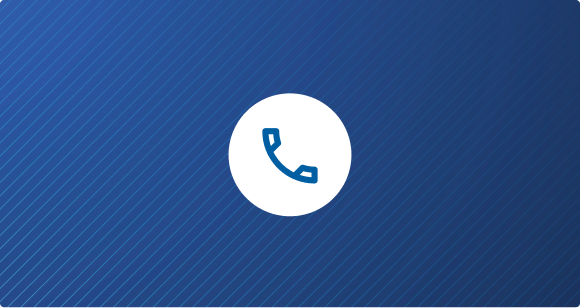Drug courts help participants recover from use disorder with the aim of reducing future criminal activity.
As an alternative to incarceration, drug courts reduce the burden and costs of repeatedly processing low‐level, non‐violent offenders through the nation's courts, jails, and prisons while providing offenders an opportunity to receive treatment and education.
Drug court participants are required to abstain from substance use, to be accountable for their behavior and to fulfill the legal responsibilities of the offenses they have committed.
Drug Courts
Specialized court docket programs that help criminal defendants and offenders, juvenile offenders, and parents with pending child welfare cases who have alcohol and other drug dependency problems.
Adult Drug Courts and Medication-Assisted Treatment (MAT) for Opioid Dependence
This guide highlights the use of MAT for opioid dependence in drug courts. It reviews effective medications and provides strategies to increase the use of MAT in drug court programs.
Family Treatment Courts
Family treatment courts use a family-centered, collaborative approach to serve families who require substance use disorder treatment and who are involved with the child welfare system.
Need help?

SAMHSA National Helpline
Get treatment referral and information about mental health and drug or alcohol use disorders, prevention, and recovery.

FindTreatment.gov
Millions of Americans have mental and substance use disorders. Find a comprehensive list of certified treatment programs across the United States.
